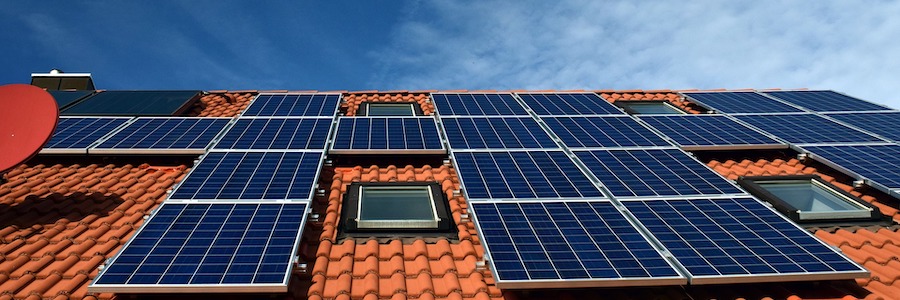California has last month proposed reducing the rate at which homeowners can sell excess electricity from their rooftop solar panels into the grid, thus, weakening a policy that has helped dramatic growth in the renewable energy industry.
The California Public Utilities Commission made the announcement, which triggered outrage from the solar panel installation industry. Industry leaders warn that this could severely set California back for new projects, as well as state efforts to combat climate change. With some suggesting that the plan is basically insane, such as Elon Musk notoriously tweeting about it.
The PUC believes, however, it would encourage the solar industry to accelerate battery storage technology, enabling excess power to be held in reserve instead of sold. And it also claimed the past policy amounted to a multi-billion dollar subsidy for wealthy homeowners at the expense of other utility ratepayers. Though what they consider to be “wealthy homeowners” as opposed to “other utility ratepayers” is vague – especially considering that homeowners pay the bulk sum of utility rates to begin with, and other sectors of non home owners have a multitude of other subsidy programs.
However, under the proposed reforms, Californians with new solar installations would see a discounted rate for power they sell into the grid and a monthly utility charge of $8 per kilowatt to cover the cost of maintaining the grid. So basically, a reduced discount and an additional tax for use. A proposition that is, in the words of Elon Musk, “…is insane.” Not to mention, a policy change what would effectively diminish the very reason people went with solar energy to begin with, and increase their cost of electricity again. A cost of electricity they are producing themselves.
The PUC stated that existing solar owners would be moved to the new structure once their installations have been connected for 15 years. However, they would be offered another incentive to pair a battery with their solar installations before then, which would could push them on the new rates sooner.

These changes would represent the largest reform of the CA metering policy since the 90s. And they would impact the positions of utility and solar providers in a major way. Not to mention, a change like this could see other states take notice and implement others.
California is home to about 40% of the nation’s residential solar energy capacity.
The PUC said its review of the policy found it was not cost-effective and harmed homeowners without solar panels by shouldering them with the price of maintaining the grid. Those ratepayers are disproportionately lower income, the regulator’s review found.
It said California ratepayers spend about $3 billion a year to support net metering.
Commissioner Martha Guzman Aceves said in an interview. “If you use that money to purchase the large-scale clean energy projects, we would be able to meet our 2045 goals” of producing all the state’s electricity from clean sources, she said.
The nation’s top solar trade group, the Solar Energy Industries Association, slammed the announcement, saying the changes would “create the highest solar tax in the country and tarnish the state’s clean energy legacy.”
The PUC could vote on the proposal as soon as this month, after receiving stakeholder feedback. The new policy would take effect four months after a final decision is issued.







